EDITORIAL
Against All Odds: The Overlooked Genius of Phil Collins
How a Soft-Spoken Drummer Became the Unlikely Architect of Modern Pop
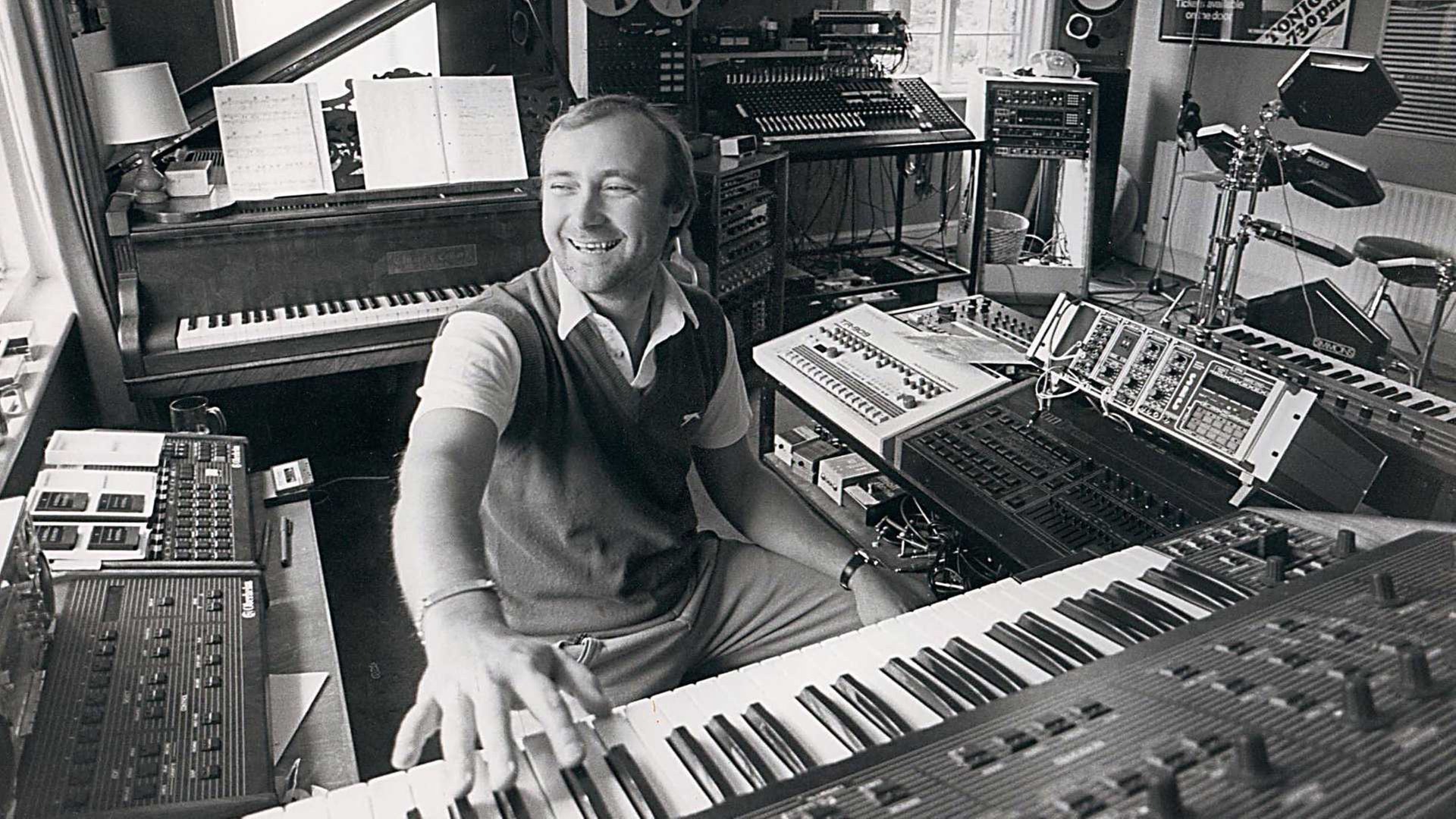
In the Air Tonight: The Sound That Changed Everything
When Phil Collins released “In the Air Tonight” in 1981, it wasn’t just a debut solo single—it was a seismic shift in the soundscape of pop music. The track’s haunting atmosphere, minimalist arrangement, and that iconic drum break redefined what a pop song could be.
The song’s genesis was as raw as its sound. Written during the tumultuous period of Collins’ divorce, it channeled his personal anguish into a sonic experience that was both intimate and grandiose. The sparse verses, laden with tension, build up to a cathartic release that still resonates with listeners decades later.
But beyond its emotional depth, “In the Air Tonight” was revolutionary in its production. The use of the gated reverb drum sound, a technique that Collins and producer Hugh Padgham stumbled upon accidentally, became a defining feature of 80s music. This sonic innovation didn’t just influence pop; it permeated genres, from rock to hip-hop, leaving an indelible mark on the industry.
The track’s cultural impact is undeniable. From its use in the pilot episode of Miami Vice to its resurgence in viral videos and commercials, “In the Air Tonight” has transcended its era. Artists across generations have cited it as an influence, and its drum break remains one of the most air-drummed moments in music history.
Listening to “In the Air Tonight” today, one can’t help but feel its timelessness. It’s a testament to Collins’ genius that a song born out of personal pain could become a universal anthem, forever altering the trajectory of pop music.
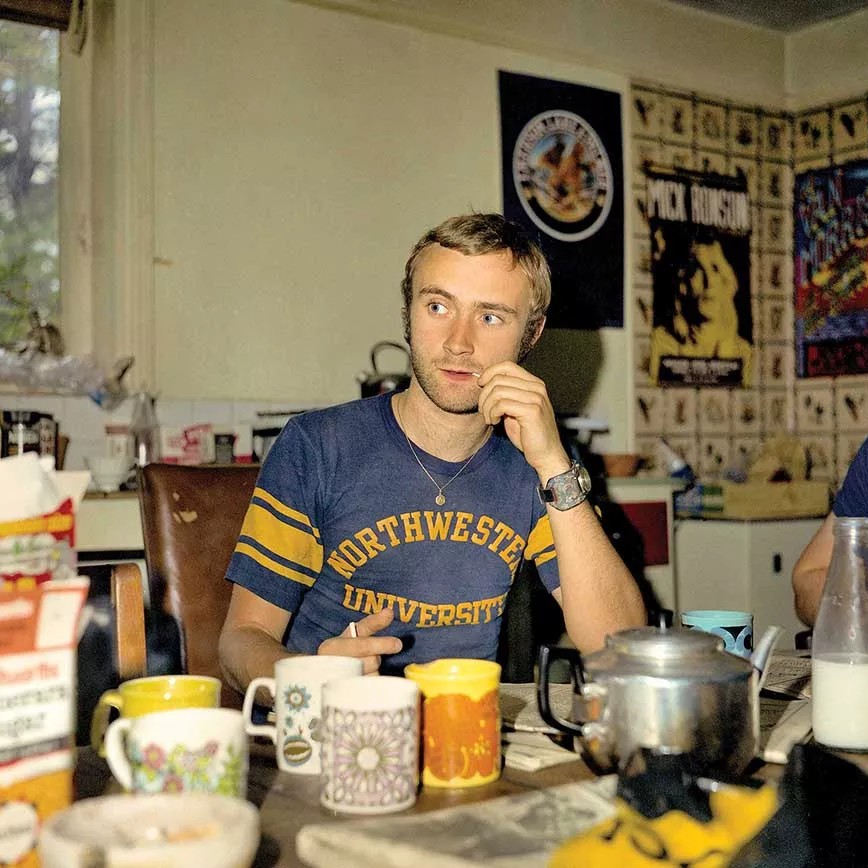
© Instagram / @officialphilcollins
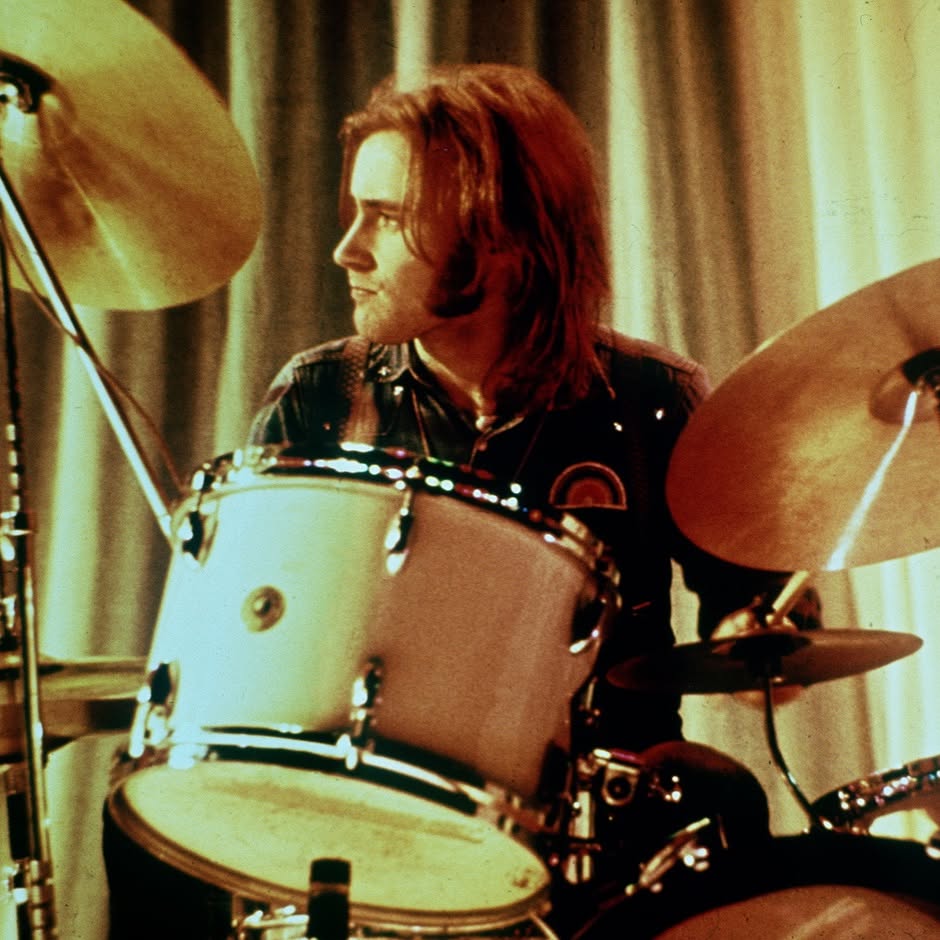
Studio Sorcery: The Invisible Hand in Everyone’s Music
Phil Collins’ influence on pop music extends far beyond his solo hits and work with Genesis. Behind the scenes, he was a transformative force in the studio, shaping the sound of the 1980s and 1990s through his innovative production techniques and collaborations.
One of Collins’ most notable collaborations was with Earth, Wind & Fire’s Philip Bailey on the 1984 hit “Easy Lover.” The song’s infectious energy and seamless blend of rock and funk showcased Collins’ ability to bridge genres and create timeless music.
In the same year, Collins took on the role of producer for Anni-Frid Lyngstad’s (Frida of ABBA) solo album, Something’s Going On. Seeking to depart from ABBA’s signature sound, Frida collaborated with Collins to create a record with a harder-edged, rock-oriented feel. The album featured Collins’ distinctive gated reverb drum sound and included contributions from the Phenix Horns, further emphasizing the fusion of pop and rock elements. The result was a critically acclaimed album that sold over 1.5 million copies—Frida’s most successful solo effort.
Collins’ studio prowess wasn’t limited to these collaborations. He also played a significant role in shaping the sound of Eric Clapton’s Behind the Sun and contributed to various other projects, leaving his indelible mark on countless tracks that defined an era.
Through his behind-the-scenes work, Phil Collins demonstrated an uncanny ability to enhance and elevate the music of his peers. His contributions as a producer and collaborator were instrumental in crafting the sonic landscape of a generation.
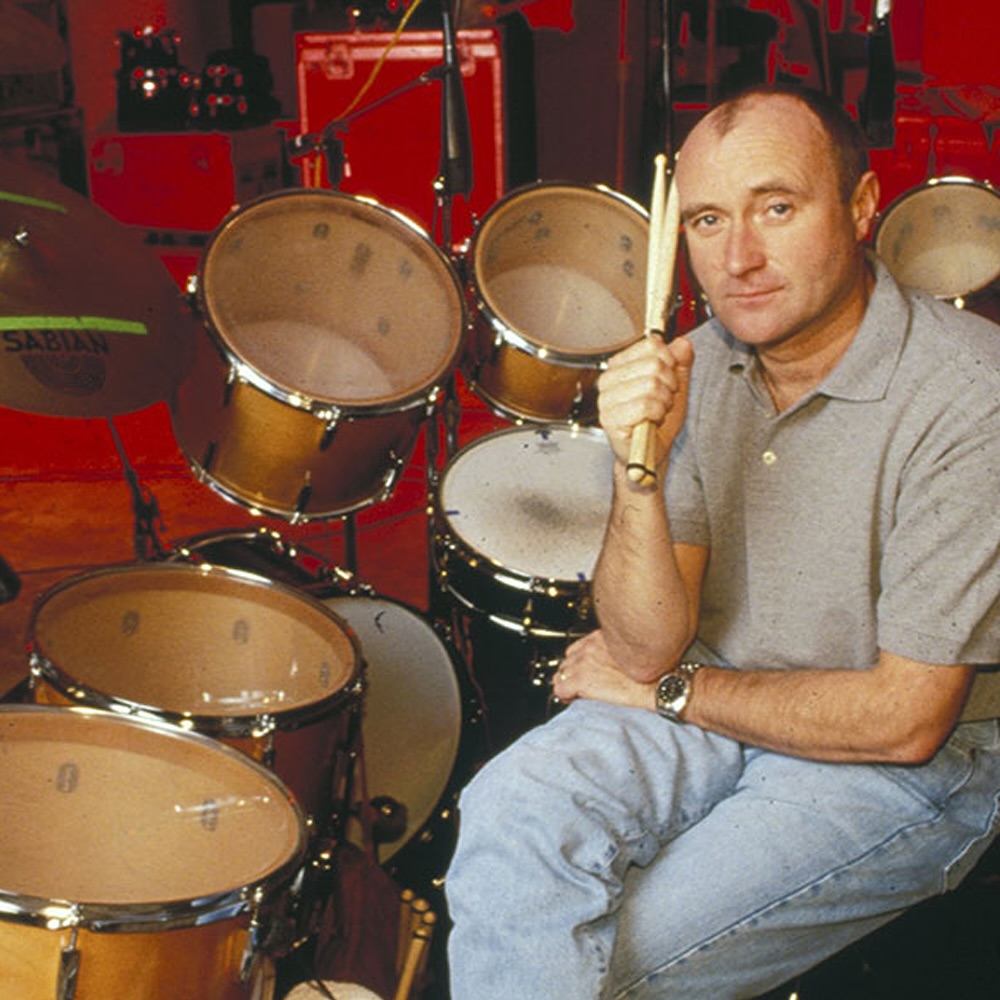
© Instagram / @officialphilcollins
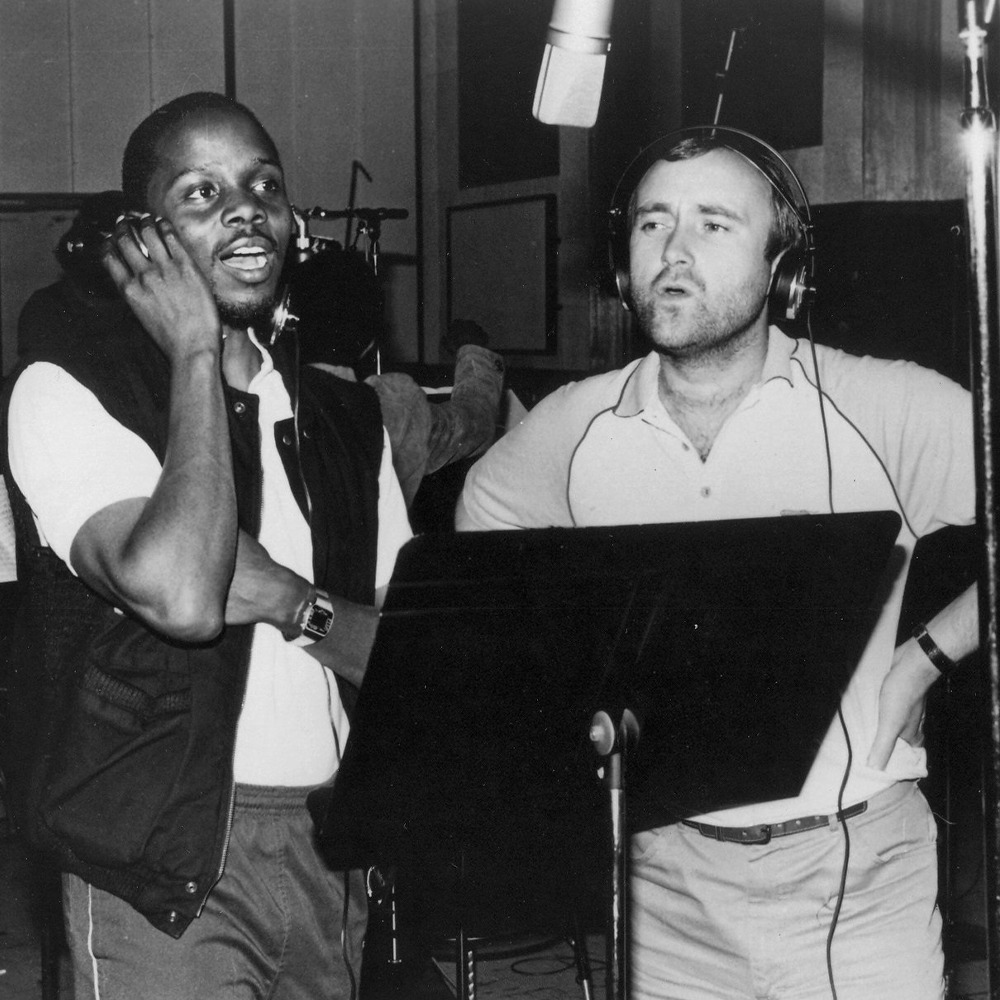
Genesis Rewritten: How Phil Made Prog Personal
When Peter Gabriel departed Genesis in 1975, many assumed the band would fade into obscurity. Instead, Phil Collins stepped up from behind the drum kit, not to mimic Gabriel’s theatrical flair, but to infuse the band’s music with a newfound emotional depth. This transition marked a pivotal shift in Genesis’s sound, steering from the abstract narratives of their progressive rock roots to more introspective and relatable themes.
Collins’s influence was evident in albums like A Trick of the Tail (1976) and Duke (1980), where his personal experiences began to shape the band’s lyrical direction. Songs such as “Misunderstanding” and “Turn It On Again” showcased a blend of pop sensibility with the band’s progressive foundation, creating a sound that was both accessible and artistically rich.
Critics often debated this evolution, with some purists lamenting the move away from the band’s complex compositions. However, it’s essential to recognize that this transformation wasn’t a dilution but an expansion. Collins didn’t abandon the band’s progressive essence; he redefined it, proving that emotional resonance could coexist with musical sophistication.
In retrospect, Collins’s tenure as frontman didn’t just sustain Genesis—it reinvented them. By channeling personal narratives into the band’s music, he bridged the gap between the grandeur of progressive rock and the intimacy of pop, leaving an indelible mark on the genre’s evolution.
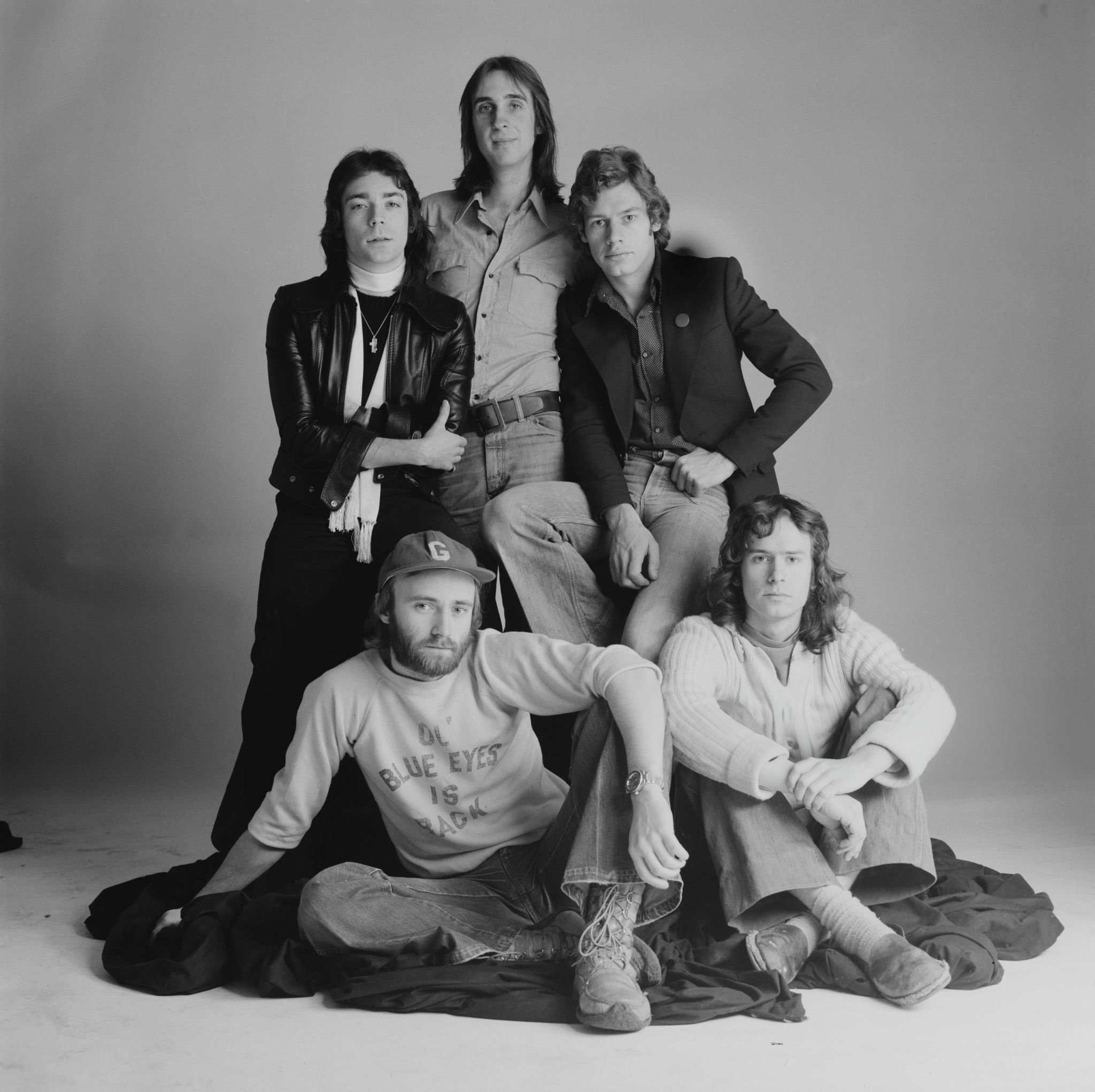
© Instagram / @genesis_band
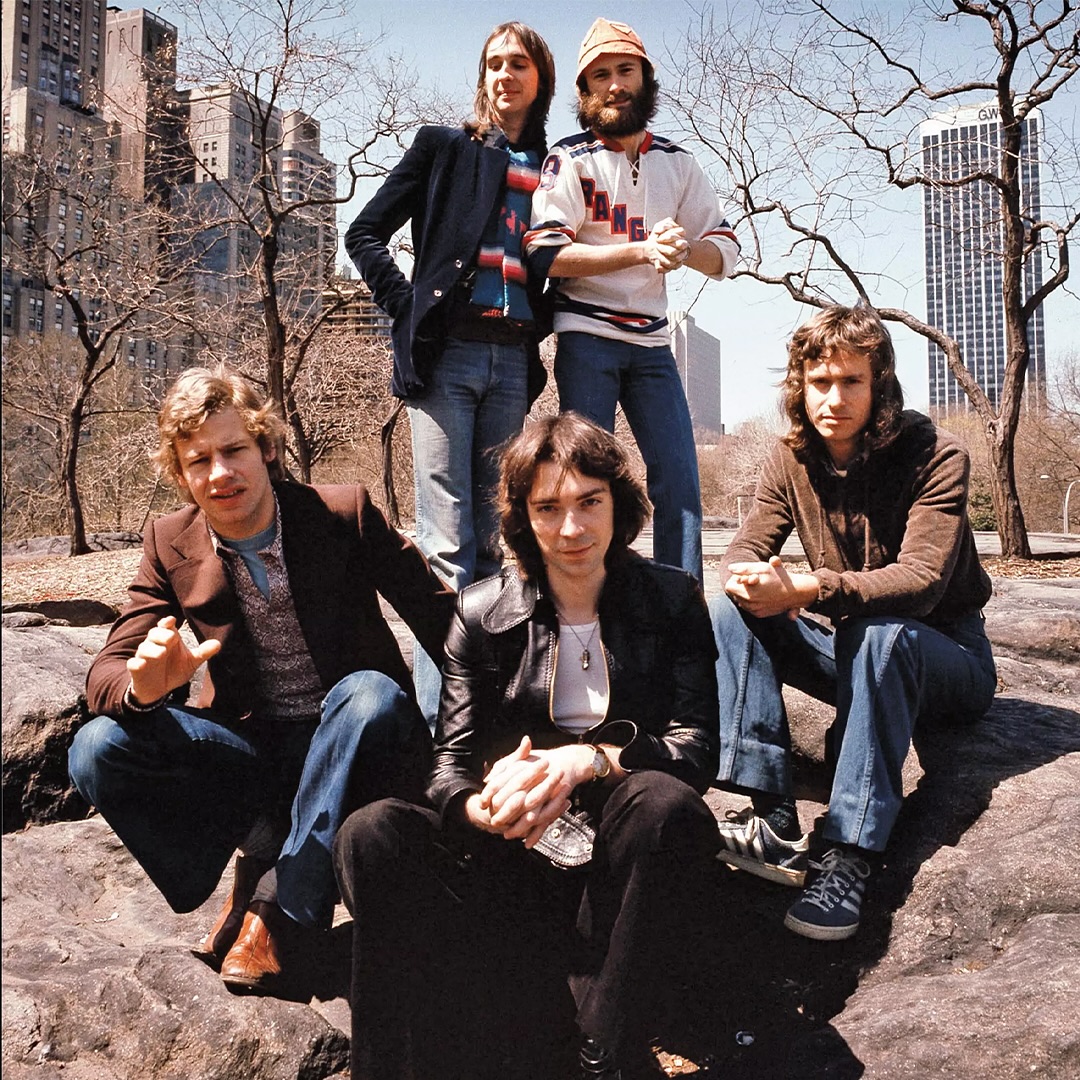
The Voice of the Ordinary Man: Vulnerability as Pop Power
In an era dominated by flamboyant personas and grandiose themes, Phil Collins emerged as a refreshing anomaly. His music didn’t rely on elaborate metaphors or distant narratives; instead, it delved into the raw, unfiltered emotions of everyday life. This approach resonated deeply with listeners, offering a mirror to their own experiences and feelings.
Songs like “Against All Odds” and “Separate Lives” weren’t just ballads; they were confessions. Collins’ ability to articulate the complexities of love, loss, and longing without pretense made his music profoundly relatable. His voice, tinged with both strength and fragility, conveyed a sincerity that was rare in the pop landscape of the 80s and 90s.
Collins’ stage presence was devoid of theatrics; he connected with audiences through genuine emotion rather than spectacle. Whether performing in intimate venues or massive arenas, he maintained a sense of closeness with his fans, reinforcing the idea that he was one of them—a regular person navigating the complexities of life.
Critics often overlooked this aspect of Collins’ artistry. However, his influence is evident in the works of artists who followed. The introspective songwriting of bands like Coldplay or the emotive delivery of singers like Adele can trace a lineage back to Collins’ pioneering approach to vulnerability in music.
In embracing and expressing the ordinary, Phil Collins redefined what it meant to be a pop star. He demonstrated that authenticity and emotional honesty could not only coexist with mainstream success but could also be the very foundation of it.
Concerts That Echo: From Knebworth to the Waldbühne
Phil Collins’ live performances were more than concerts; they were masterclasses in emotional connection and musical precision. Among his most iconic live moments is the unprecedented feat at Live Aid on July 13, 1985. Collins performed at both Wembley Stadium in London and JFK Stadium in Philadelphia on the same day, a transatlantic endeavor made possible by the supersonic Concorde. After his set in London, he boarded a helicopter piloted by UK TV personality Noel Edmonds to Heathrow Airport, then took the Concorde to New York, and finally another helicopter to Philadelphia. There, he performed solo and also played drums for Eric Clapton and Led Zeppelin—becoming the only artist to perform at both Live Aid stages.
Beyond Live Aid, Collins’ performances at venues like Knebworth and Berlin’s Waldbühne further showcased his ability to connect with audiences. At Knebworth, he delivered a set that balanced his solo hits with Genesis classics, demonstrating his versatility and broad appeal. Meanwhile, his 1990 performance at the Waldbühne in Berlin, shortly after the fall of the Berlin Wall, was charged with emotional significance. The open-air venue, steeped in history, provided a poignant backdrop as Collins performed “Against All Odds,” resonating deeply with a city in transition.
These performances underscore Collins’ unique talent for transforming large-scale concerts into intimate experiences. His live shows were not just about the music; they were about forging a connection, sharing stories, and creating moments that linger long after the final note.
The Legacy Lives On: Phil Collins’ Enduring Influence and His Son’s Rising Star
As of 2025, Phil Collins, now 74, has stepped back from the limelight due to health challenges that have affected his mobility and ability to play the drums. Despite these setbacks, his influence on the music industry remains profound and unwavering. His unique blend of emotive songwriting and innovative drumming techniques continues to inspire artists across genres.
Carrying forward this rich musical legacy is his son, Nic Collins. A talented drummer in his own right, Nic has performed alongside his father during the “Not Dead Yet” tour and took over drumming duties for Genesis during their “The Last Domino?” tour. Beyond these collaborations, Nic has embarked on his own musical journey, forming bands like Better Strangers and The Effect, showcasing his versatility and dedication to the craft.
Phil Collins’ retirement from active performance marks the end of an era, but the rhythms he introduced and the emotional depth of his music continue to resonate. Through Nic’s burgeoning career and the countless artists influenced by Phil’s work, his legacy not only endures but thrives, echoing the beats that once redefined pop music.
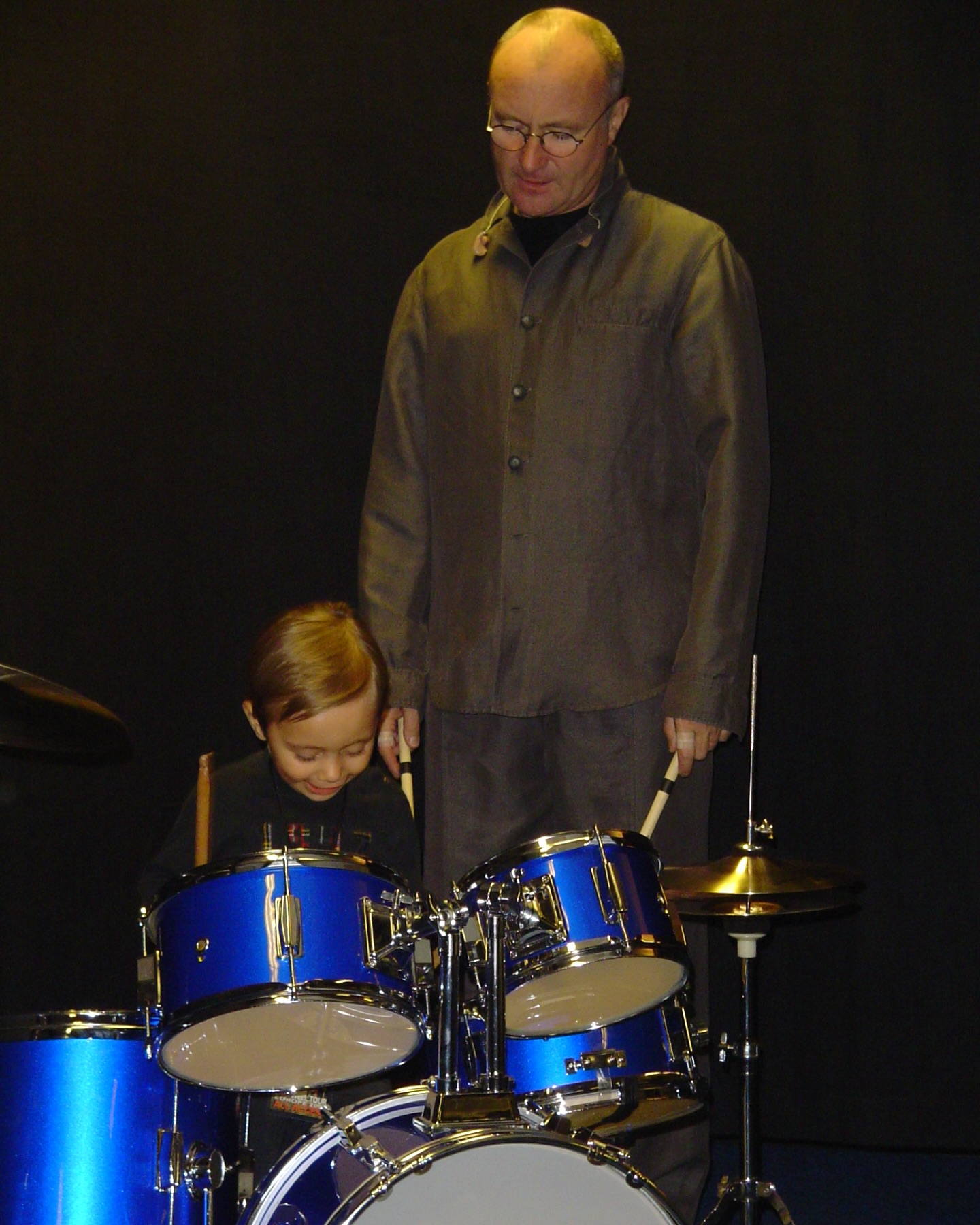
© Instagram / @nic_collins

© 2025 SHOW–OFFS.
